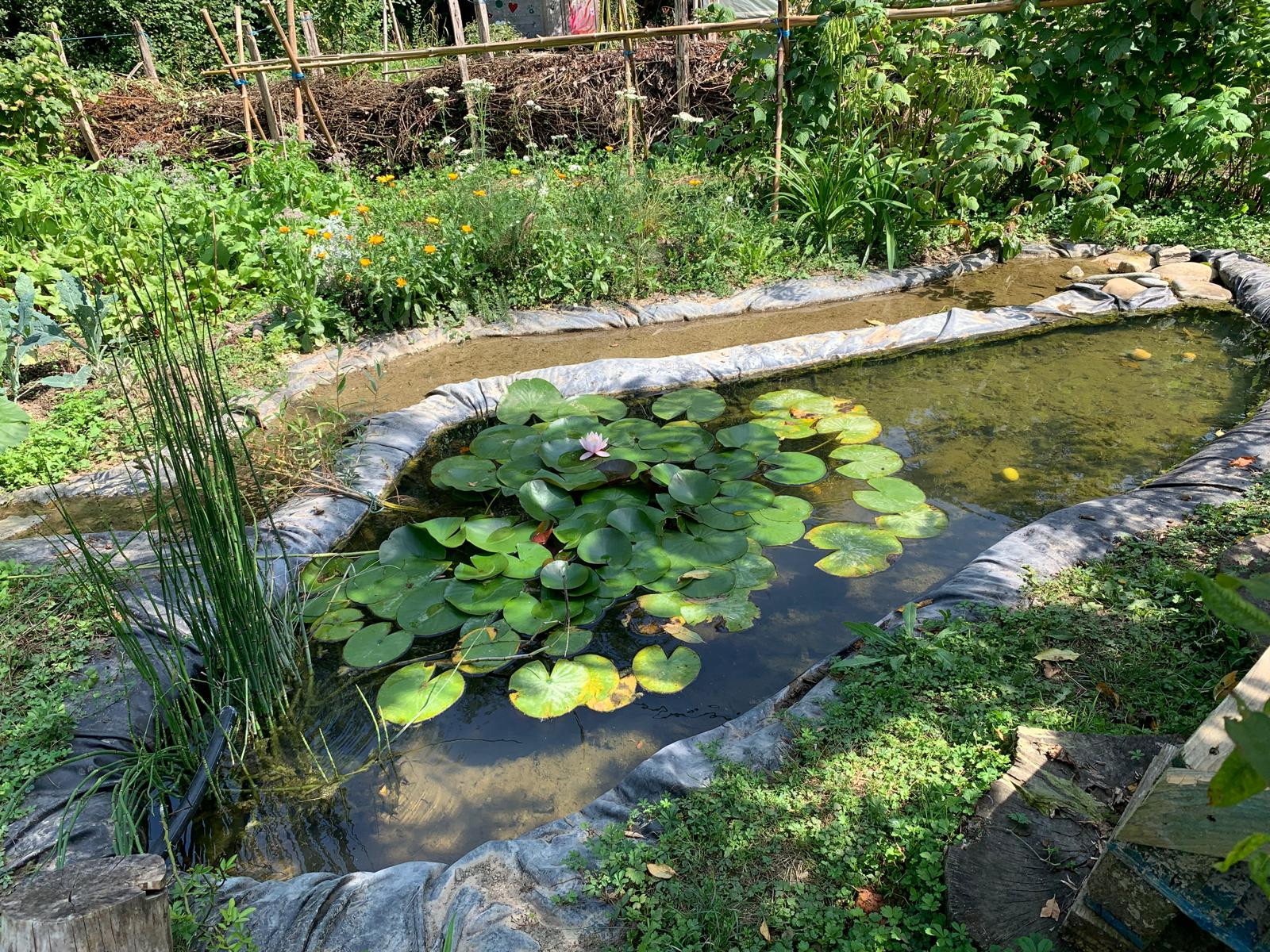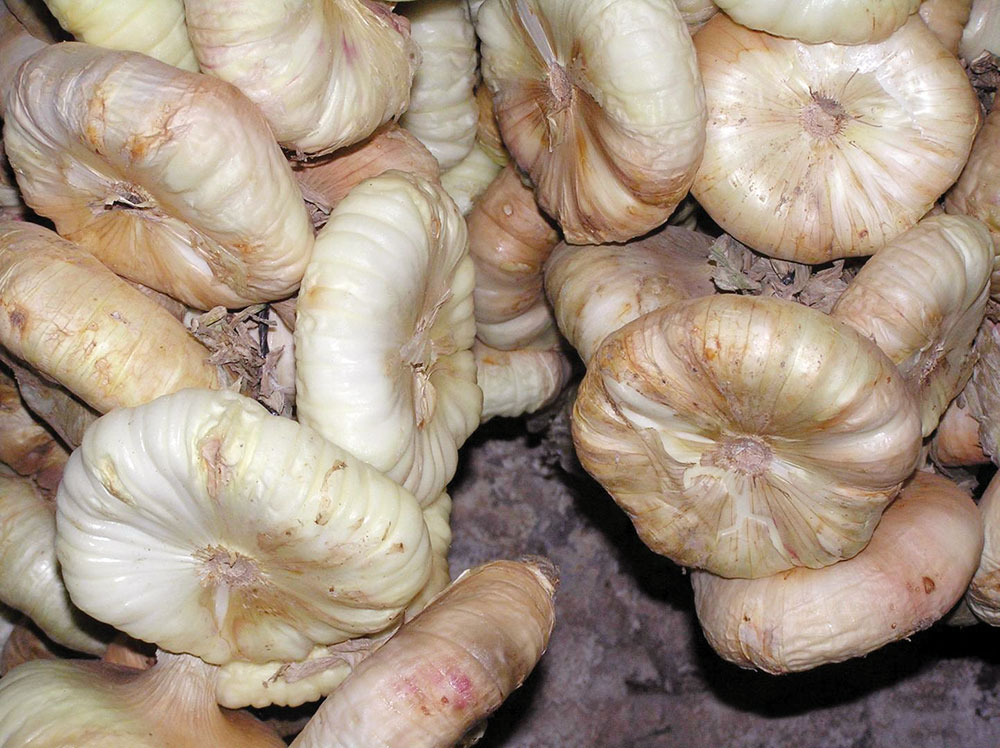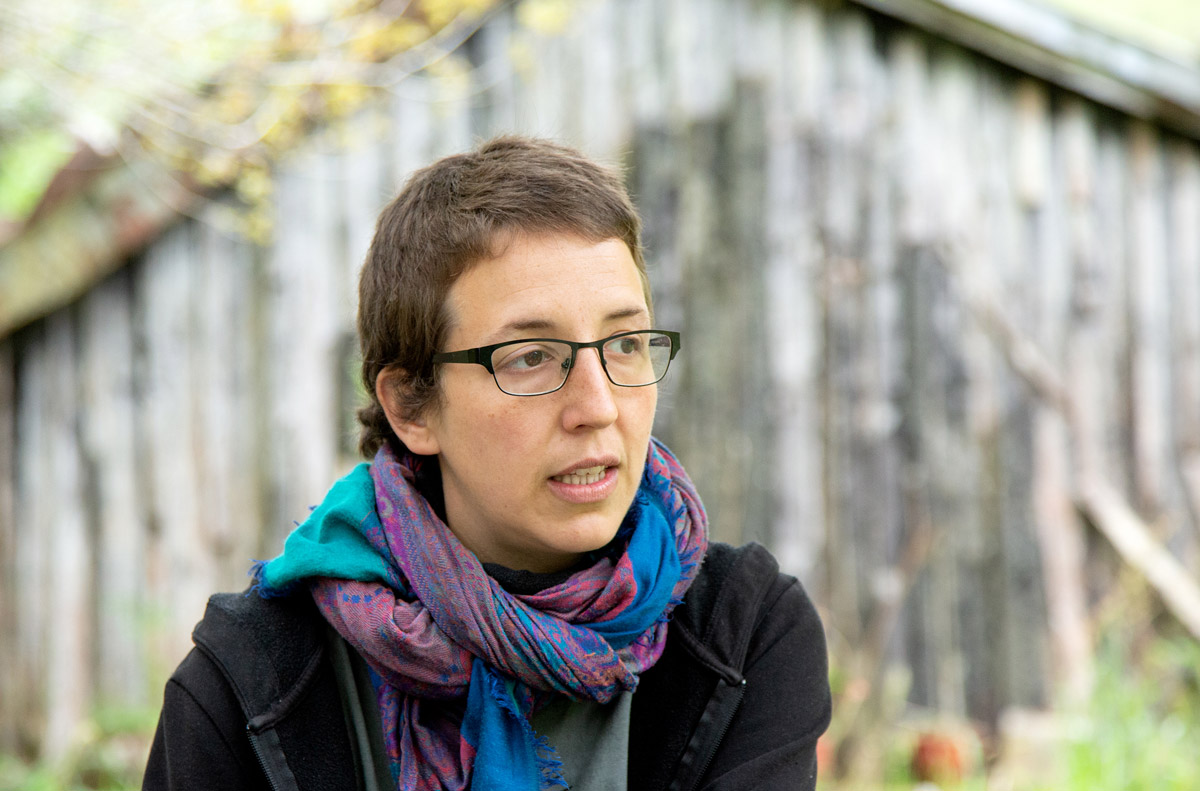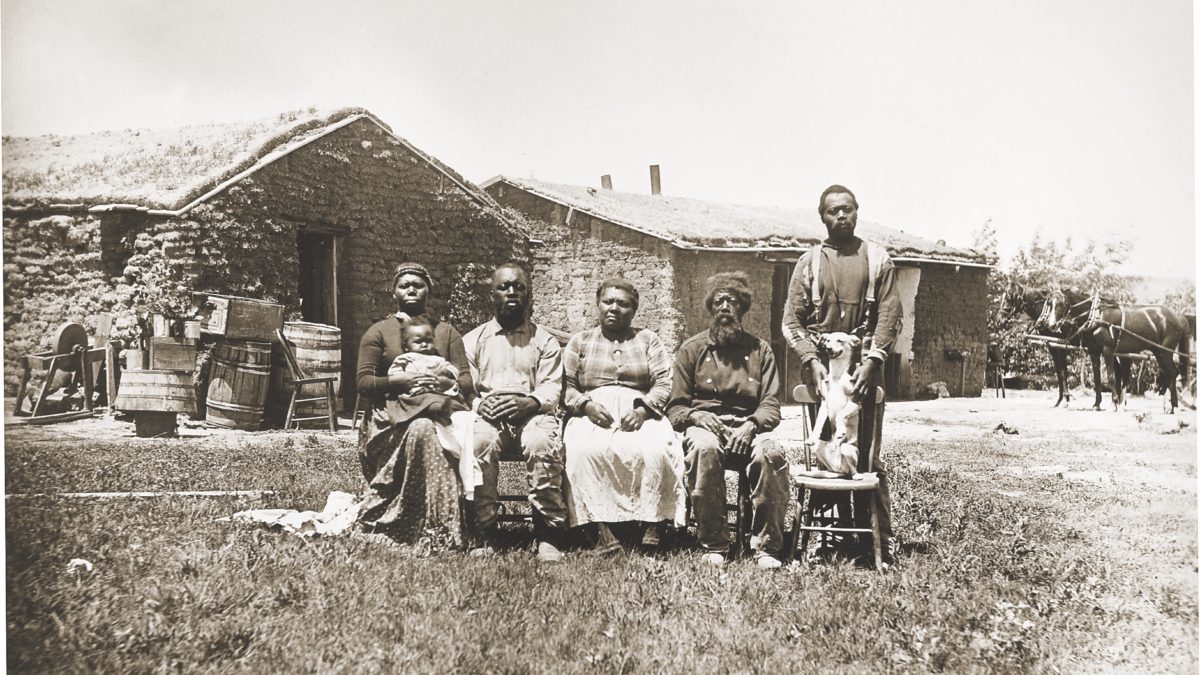"Amama would be proud, I would want our land to reach that wealth that we had on the plants."
- Onintza is bertsolari Enbeita, journalist, former parliamentarian... and she's also a horet. The three sisters have undergraduate studies, and about a dozen years ago, they decided to take back the vegetable garden that they've always known in their house and sell in the market. Mattin Jauregi has interviewed in the Egonarria program, speaks enthusiastically about his daily work and work organization, and critically analyzes the reality of the markets, the agricultural model... They are returning to their father's childhood hamlet to recover the wealth and flow that was on the plants at that time.

Here complete to enjoy your salt and pepper:
Onintza Enbeitia has said that he has been educated in the dwarf: "In our house have always been the baserritars, our grandparents lived from the dwarf. My father worked outside, but we have always had cattle, pigs, chickens, rabbits for many years… and we have always worked a great orchard. My father has always been syndicated in EHNE and we have always known the cost of this work, we have been able to differentiate between the domestic and the external gender..."
The three sisters underwent university studies and a dozen years ago they chose domestic production as a means of subsistence: "At 18 years old we did not think that land could be a means of life. Our grandparents lived from the land, our parents not only from the land, and we also believed in part that you cannot live from the land because you did not believe a monoculture or intensive exploitation like this."
But when I was 32 to 33 years old, I began to head around: I saw that we, full of children, fully active and energetically, saw the land going down. Each time I worked less, for example with the lost fruit trees (they retired and we didn't make new ones)... Then I thought why not get as florid and drunken as before, and why not get the grandmother's place back on the market. For a few years I was alone, then I caught my sisters enthusiasm and all three of us started doing it."
"This special cooperative is very nice"
Enbeitia has had his own humor about working among the three sisters: "It should actually be something well-organized, but it always becomes chaotic because there is trust and responsibilities are fulfilled in a timely manner. But it also has good things: it has brought us back home and to the earth and take us from the ground. At least we have to get together from time to time, think about what to put, how to put it, where and how to sell it, and that creates a collective among us. We are sisters and we are a group. And in that group, parents don't want to leave, so they help work. It's nice to me because the land and the garden make us an excuse to get together and organize ourselves. Then we get angry: if we kill a pig at home, every year we say we will not kill more pigs. Every year we say that we will never sow potatoes again, every year we say that we will not sow so many beans… But then, every year we meet again and are sure to do so again with the same mistakes, but we start again. For me, as a collective project, this special cooperative is very nice."

"If your grandmother has seen you now, what would you think?"
This question has been postponed by Mattin Jauregi, the host of the Egonarria programme, and Enbeitia has responded with a little rigor: "I think it would be very happy. Because, as he wanted, the older sister controls management, and the other two of us work and we take care of selling, going to the fair. I think I would be very proud and I would like our environment to reach that richness of yesteryear. I don't mean economic wealth, but that abundance that we had on the floor. We lack livestock, but it still does not give us everything, and today we should make other investments with livestock, so we only have chickens. Amama would be happy, yes, he would be surprised, because our father is also surprised many times: we are returning to that hamlet of his childhood. For years, they've been used to drugs and herbicides and other dynamics, and now we're coming back. But on the other hand, I would see that those who didn't jump to monocultures and large farms were right."
Eleven years later, grandma got back to the Gernika fair
My grandmother sold weekly in the Gernika market. Then there were about ten years, "my mother was going to sell things that we had many: at the fair there was a corner to buy products in sack, and the mother went occasionally with nuts or beans." This summer is eleven years since they resold to the market every week.
Jauregi asks how this decade has evolved. Enbeitia's answer: "The fair is completely down. The Gernika trade show has operated by inertia. We all know that there is a market on Monday. The city hall puts tables and everyone knows what their table is and goes. There is no other help, no other attention from the administration: it works inertia and most of the things that work by inertia die by inertia. The fair is dying. There's a lack of producers, but there's also a lack of attention." Enbeita wants the market to be understood and cared for as a baserritarras zone: "Our tables are sometimes robbed by pigeons, they are not really guarded and it is not "the baserritarras field", it is a space that everyone uses as they like and on Mondays we keep going there. And we are talking about the Gernika fair, see how famous the Gernika fair is in the Basque Country! ".

Onintza explains that the dwarf has gone from being a means of life to an "extra" income: "My father says that when they were children they parted milk in Gernika, sold rabbits… They lived from the dwarf and took a more or less dignified life. Then came the monoculture trap, that great deception to sell milk to power plants, and then suddenly, it looks like we can't live from this. So the farmer goes to the market to get an extra money. It is very difficult to break this, to convince people that there is a future from the circular economy, to re-preserve biodiversity, coming out of monocultures, in extensive models."
Fair, internet market and excuses
Enbeitia explained the project From the farmhouse to Gernika: "It is a web in which several producers participate. The customer has the option to place the weekly order until Wednesday at noon and on Thursday receives the order at the local or on Friday morning they take it home. Baserritars or producers sell at the price we would sell on the market and there are no intermediaries, so it is a very fair product. And I'm sorry, because there really isn't that much demand. Sometimes people say, 'How will the fair work if it's Monday morning? ', but well, there it is from the Caserío to Gernika. In addition, the fair is a showcase outside of it, by phone, whatsapp, from the farmhouse to Gernika, if you really want to buy things from here, produced with respect to the earth, there are possibilities".
It has small, hairy leaves on the bottom and extends the head between 20 and 40 cm. It's known as Bulgarian Viagra, Scarid Sideritis. It's a blue-like plant, because its hair gives it a bluish color. It lives in the rocky spots of the high mountains and everyone who has lived in... [+]
"Pain is pain, it's not guindilla, it's skirts and it's not lady, it's burrs and it's not man." It is an invention received by the fraile Kandido Izagirre. The answer, as she says: chives. The onion or the trick, Allium cepa, has just crouched. The onion has an upright moño leaf on... [+]
Hiri handitik ezin ateratzeak ernatu du nigan berde behar bitxi bat, orain artean sekula ezagutu gabea. Ados, beti izan zait atsegingarri berdetasuna begiestea mendian, basoan, golf zelaian, baina oraingo hau da, seguru obligazioak behartua, ia-ia bitala, arnasten dugun airea... [+]
AEBetako hiri baratzeei buruzko erreportajeetan jende beltzik ikusi baduzu seguru izan dela bazterketa sozialari aurre egiteko edo ezintasunen bat duten pertsonak bergizarteratzeko programaren baten baitan. Baina beltz bat abeltzain edo gari soro baten jabe? Aldiz, historian ez... [+]


















